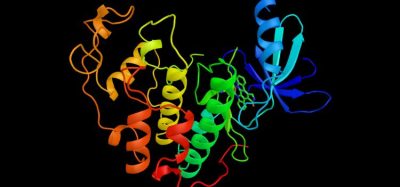ViroCell Biologics and GOSH to address gene and cell therapy “logjam”
Posted: 28 September 2021 | Anna Begley (European Pharmaceutical Review) | No comments yet
ViroCell Biologics and Great Ormond Street Hospital (GOSH) partner to tackle the viral vector manufacturing bottleneck for clinical trials.


ViroCell Biologics and Great Ormond Street Hospital for Children (GOSH) have today announced a new partnership that will immediately address the global viral vector manufacturing bottleneck for clinical trials.
Viral vectors are high-value delivery vehicles used to make cell and gene therapies, and their availability and effectiveness governs the clinical success of the treatment. There is currently a global viral vector supply demand imbalance that constrains the manufacture of novel cell and gene therapies. ViroCell, a contract development and manufacturing organisation (CDMO), is focused where the viral vector design and good manufacturing practice (GMP) manufacturing bottleneck is most acute: the zone between pre-clinical concept and clinical trials.
According to the company, it is therefore filling the gap between “small volume” academic core labs and “large volume” CDMOs. As part of the partnership with GOSH, ViroCell will more than double the UK’s lentivirus vector manufacturing capacity for clinical trials in 2022 and secure the coveted position as the first UK CDMO to be able to deliver adeno-associated virus (AAV) vectors to the cell and gene therapy (CGT) markets.
The production of the vectors will take place in GOSH’s Zayed Centre for Research into Rare Disease in Children.
“We are exceedingly pleased to be partnering with ViroCell to accelerate the transition of discovery science into the clinic and expand access to viral vectors. We see this as a key to unlocking the innovation engine of the Great Ormond Street Hospital for Children and its academic collaborators, ultimately delivering better outcomes for patients,” commented Matthew Shaw, Chief Executive Officer at GOSH. “Given ViroCell’s international network of collaborators, we expect that vectors for projects from around the world will be manufactured at the Zayed Centre for Research, and this may also expand the number of clinical trials that we can offer to our patients at GOSH.”
Related topics
Biopharmaceuticals, Clinical Trials, Drug Manufacturing, Drug Markets, Gene therapy, Manufacturing, Therapeutics









